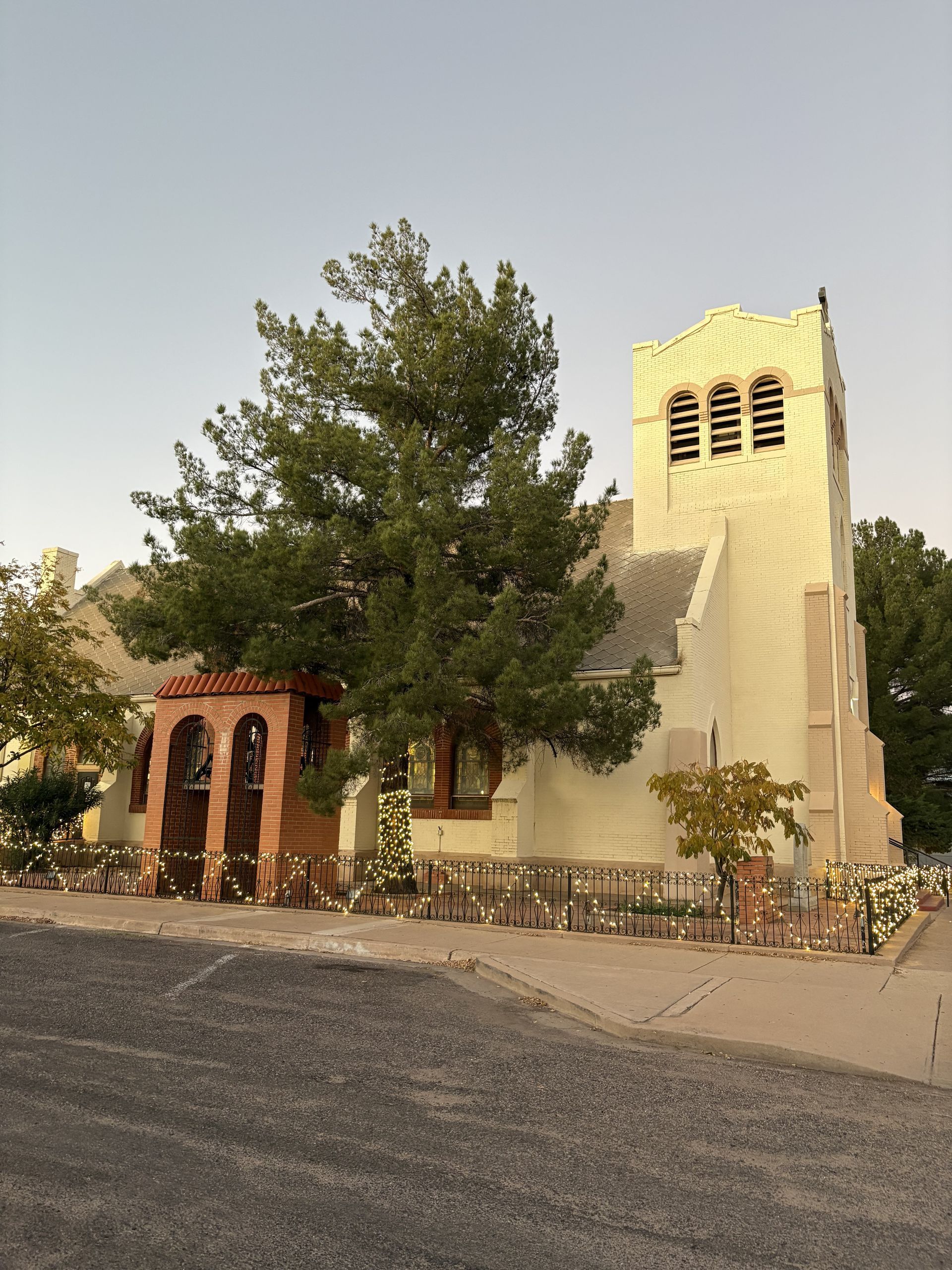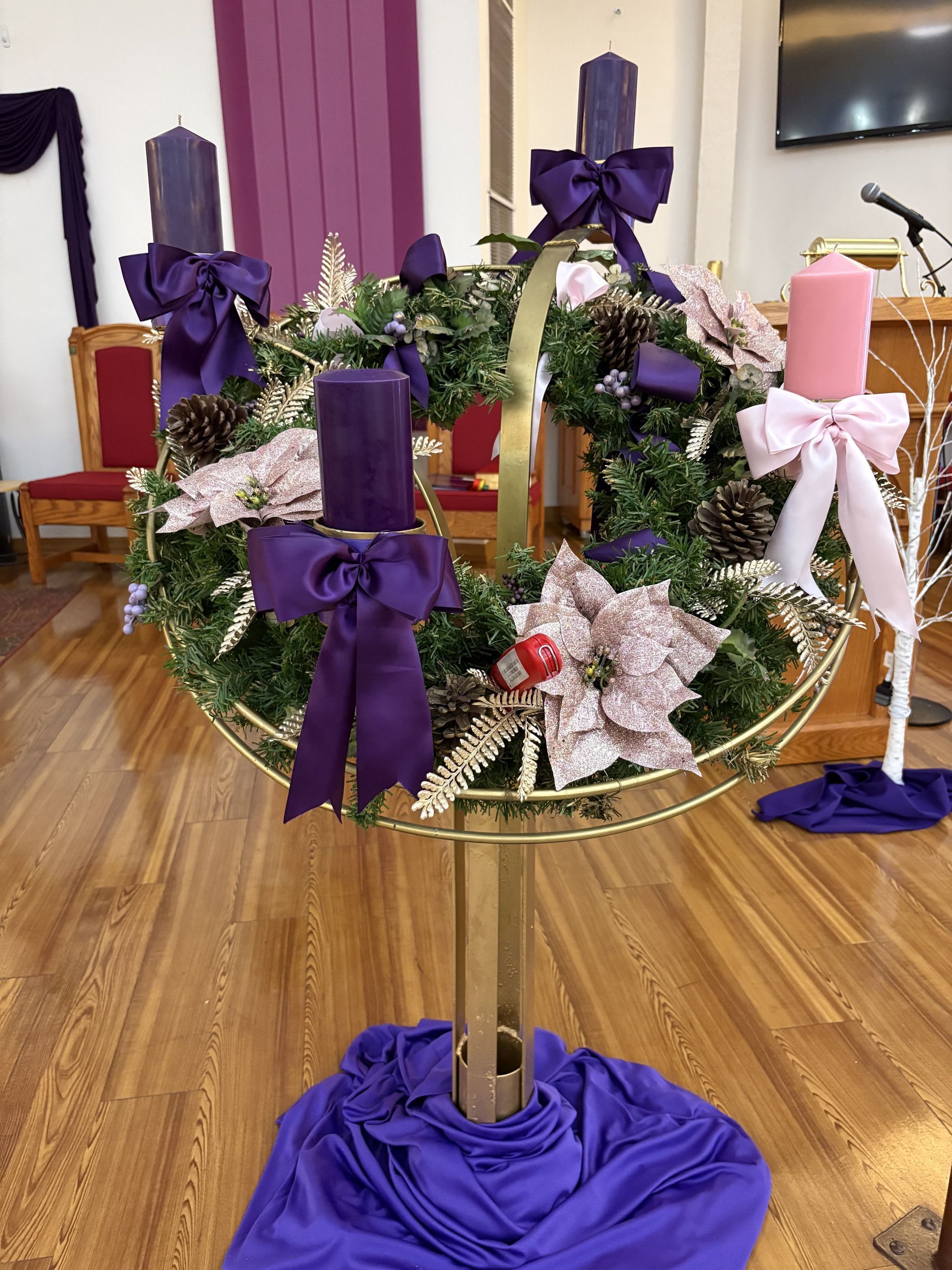PROPHECY IS OUR LIFESUPPORT

The entire readings are a continuation of the unfolding of the various prophetic ministries. This Sunday, we ponder on the incredible visions and prophetic commissioning of Peter (Luke 5: 1-11), the Prophet Isaiah (6: 1-8) and St. Paul (1 Cor. 15:1-11). There are many parallels in these theophanies (religious experience) with electrifying responses, but I will leave it to you, whichever pique your interest and speak powerfully to you. God calls us in so many ways and in varying circumstances.
GOSPEL READING (LUKE 5:1-11)
Luke presents the calling and the eventual commissioning of the first disciples in their workplaces that is, Lake of Gennesaret. The scenario shows that it was the time when Simon and company had disembarked and were hauling their nets after a fruitless night. There is nothing more heartbreaking in a risky fishing business than to come back to the shoreline with nothing but empty nets after spending all night in the sea. This was a rare phenomenon as this place had been said to have an abundance of fish. For these seasoned fishermen to catch nothing was a huge disappointment because people relied on them for daily sustenance. You can feel the frustration after an unsuccessful night of fishing. With the press and demand of the crowd, Jesus went straight to Simon’s boat and told him to take it a few distance from the shore, an interesting indication of Simon’s future role in the mission of the church in its entirety. There is a reason why Jesus chose Peter’s boat more than the others to stress the role of Simon and company to never leave the boat. Where Peter is, there is the church. He asked Simon (still Simon, not yet Peter), “To put into deep water” (literally, put out into the deep) and lower your nets for a catch. After laboring all night in vain, this surely sounded odd for the experienced fishermen Simon, his brothers, and the crew. That’s why, his initial response was not surprising at all, “Master, we have worked hard all night and have caught nothing but at your command, I will lower the nets”. Simon was the first to listen and trust in Jesus’ words, the mark of a disciple. Because of his trusting faith and (perhaps) a blind obedience (all of us have gone through), they caught a great number of fish filling the boat, bursting, and tearing the nets, and needed help from the other company. He followed Jesus’ directive and was astounded by the miraculous yield. As soon as Simon saw this, he immediately fell at Jesus’ knees, prostrated himself and said, “Depart from me, Lord, for I am a sinful man.” This sense and feeling of unworthiness which always happens whenever there is an encounter of the transcendent power of God is the first step in spiritual growth. Notice in a similar fashion the reaction of the prophet Isaiah in the first reading, “a man of unclean lips” (6:5). He (Peter) was seized at the astonishment of the catch, a display of the power and presence of God. It was a theophany, a recognition of divine power at work. Peter and his companions trusted the word the Lord, “Duc in altum”. When you open yourself to the Lord, great things happen coupled with unimaginable blessings. Put the message out into the marketplace (where people are), let down the nets of the gospel, don’t hold to it and be surprised at the catch. The two boats need to be mentioned symbolizing Jews and Gentiles alike two groups that may have tension but necessary in the spread of the gospel. Jesus said, “Do not be afraid. From now on, you will be catching men”. This phrase and what Simon did afterwards is the turning point of the whole episode. Jesus did this for a purpose. From now on, effectively immediately, the nets will be catching men and women and anything in between. From now on, their primary job is to follow the instruction: “Duc in altum”. They will be catching people (spiritually) dead and alive to bring the new redeemed life in and through Christ. This catching will be done not once, not twice but countless times to gather hearers.
FIRST READING
This first reading from the Prophet Isaiah consists of three things: theophany (1-2, 3-4); the purification of the prophet (vv. 5-7); the prophet’s offer to serve. Isaiah shares his deep sense of awe with a vivid description of his highly intense visionary experience during a liturgical (worship) service in the temple, “I saw the Lord seated on a high and lofty throne, with the train of his garment filling the temple.” The prophet’s encounter with God began with him seated on a throne flanked by two divine representatives, Seraphim stationed above. They cried to one another with the threefold acclamation of praise, Holy (Qadosh), Holy, Holy is the Lord of Hosts; the whole earth is full of his Glory (Is. 6:3), to highlight that Holiness, the other-worldly, the unapproachable mystery, is the very essence of God. This is the famous Tres Hagion to describe the splendor and majesty of God which opens the Eucharistic Prayer at Mass. Isaiah confessed that this vision was extraordinary for depicting God as high and lofty with covered faces, supreme and the mightiest, among all other gods seated on the throne. The glory of God fills the entire earth and overflows into the temple like a train of a royal robe. Following this throne scene was his cry of despair, “Woe is me, I am doomed! For I am a man of unclean lips and living with a people of unclean lips; yet my eyes have seen the King (not an earthly ruler), the Lord of hosts”. This realization of being morally unfit for the job comes with the package that is, the preparation stage of prophecy. This entire experience purified him and made him closer to God and faithful to the life of service.
The way Isaiah sounded in his memoir one can easily guess that he was a highly influential biblical figure and had an inside access to the temple. He was the only prophet who volunteered for the unpopular prophetic service recounted in Isaiah 6. When God said, whom shall I send? Who will go before us? (after consulting the heavenly realm) Isaiah answered, “Here I am, send me!” after being cleansed of his lips (not his eyes or hands) and only after can he proclaim the word. Despite his inadequacies, he volunteered. If nobody else wanted to go and serve the most- high God, Isaiah said, take me! I am with you! Others who were called to be prophets declined saying, No thank you. They don’t want the job because they knew it was not easy as many were killed for their fidelity to faith. Strange as it may seem, prophets are hated because they love their people so much. In fact, none of us knows how much God loves us. St. Augustine said, people love the truth when it enlightens them, but they hate it when it accuses them. The church lives and thrives on prophecy. Without prophecy, we go nowhere. Without the authoritative pronouncements and teachings of the Pope along with the ordinary magisterium as an infallible interpretation of divine will, the church stops in existence.



